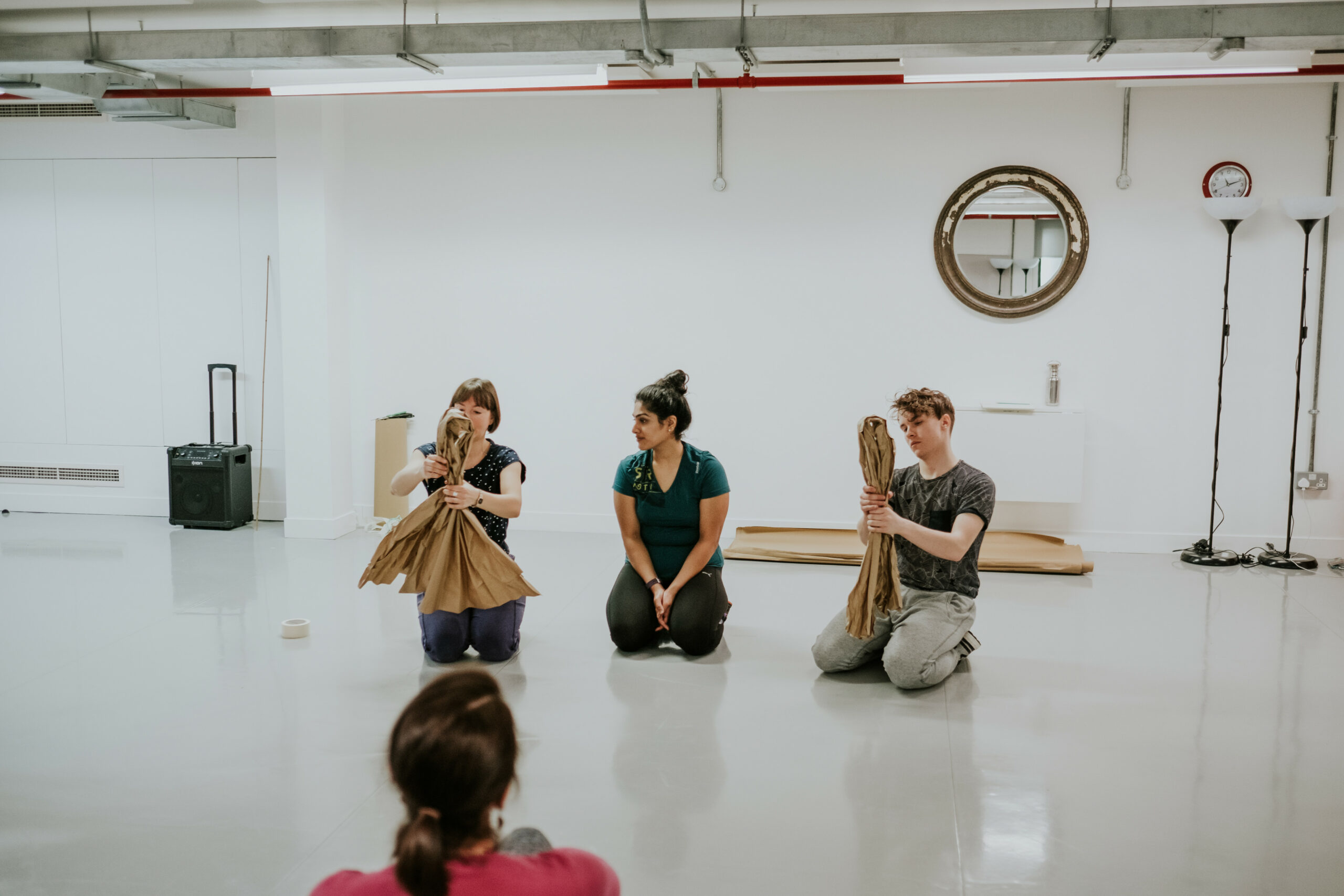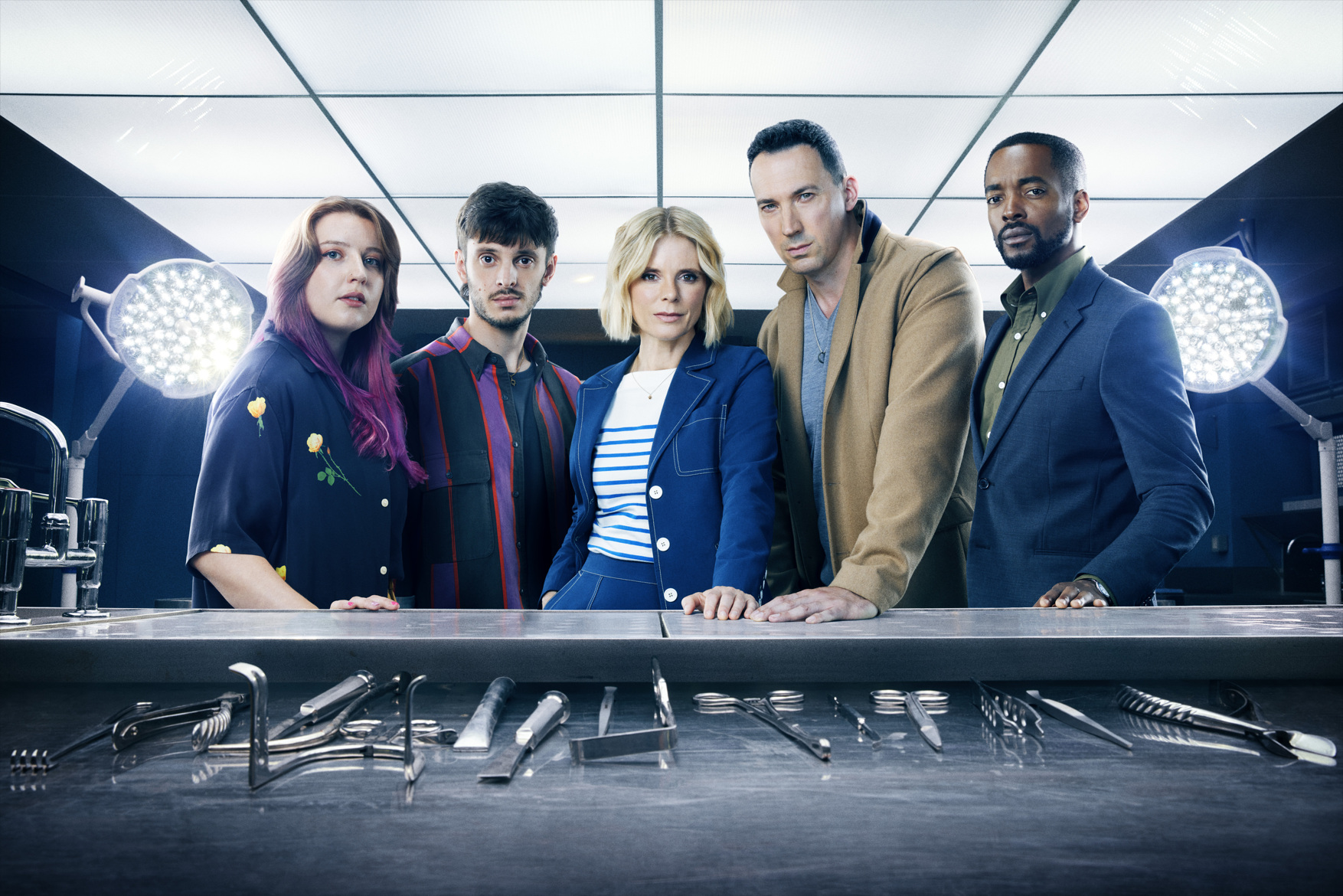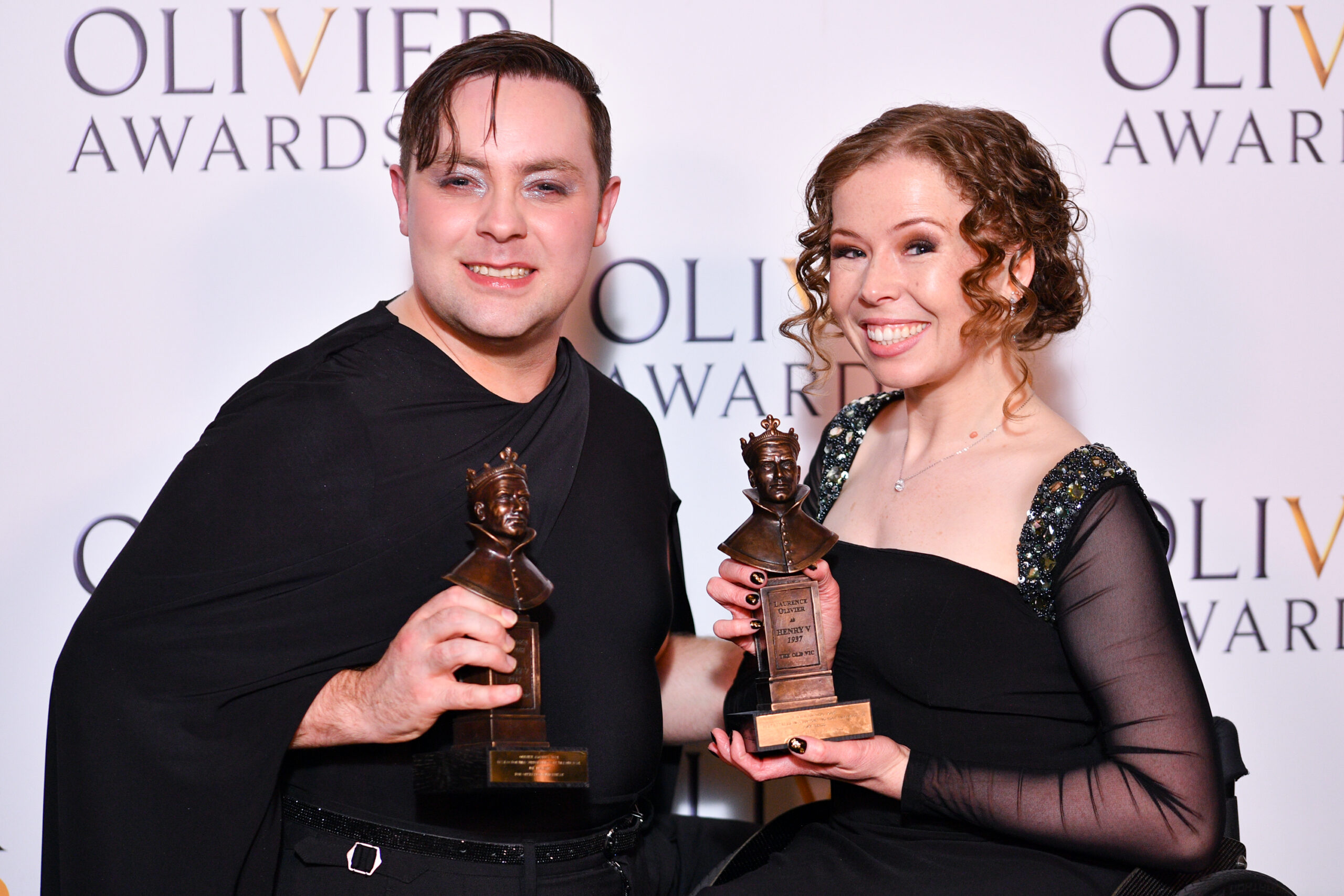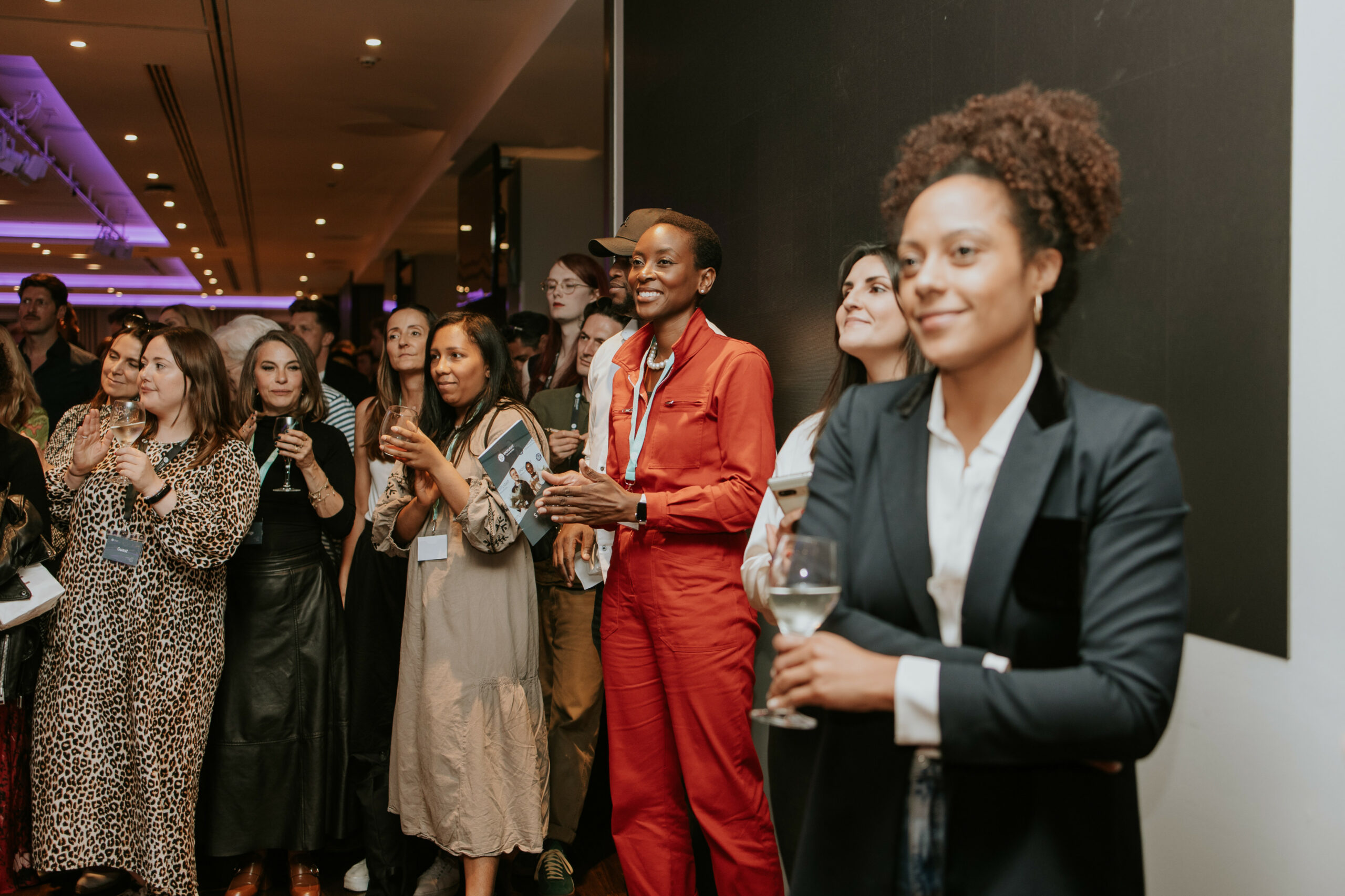Tips and advice for actors wanting to get started in puppetry, and what happens in a puppetry casting
When you hear the term ‘puppetry’, you likely think of Sesame Street, The Muppets and other children’s educational shows. However, puppetry in theatre can be a powerful tool that allows actors to convey complex emotions and stories – as seen in War Horse, Life of Pi and My Neighbour Totoro.
So, how can you take your acting skills and turn them into the movement needed to bring puppets to life on stage? We spoke to performer, movement director and associate director Josie Daxter, who has worked on The Magic Flute, A Dog’s Heart and A Rake’s Progress, about how she got started in puppetry, what a puppetry casting is like and how actors can get involved in puppetry.
How Do I Become a Puppeteer?
As with any new acting skill, you’ll first need to seek out and attend appropriate courses and workshops in order to hone and perfect your talents. Josie originally trained as an actor, but with some additional training in physical theatre, she was able to take her talents and apply them to the art of puppetry.
She says, “I did lots of workshops as well in physical theatre and mask and movement, and then I got a job with a puppetry company who wanted to work specifically with actors, and I really learnt on the job.”
“Then, I continued to collaborate with them,” she adds. “That led on to other projects with other puppetry companies and other physical theatre companies. So, it was a little bit of a chain reaction, and I think that is often the way.”
Once you’re confident in your new skills and have spent time experimenting and practising with your own home-made puppets, seek out opportunities and theatre companies who specialise in puppetry.
If you can’t find opportunities, then make your own opportunities by involving yourself and networking in the puppetry community, creating your own theatre company or show, or posting videos of your puppetry skills to your social media pages.
How Do Puppetry Castings Work?
Some puppetry castings don’t differ much from a casting for a typical acting role. Josie says, “The breakdowns will go out and people will be invited in […] and often, in those cases, people might be looking for puppetry experience, but they might also just be looking for people who’ve got good movement experience, physical theatre experience, devising. It’s not always as specific as you have to be already experienced in puppetry.”
Who Are the Main Practitioners of Puppetry?
If you’re unsure who to reach out to, it’s a good idea to start by researching the main puppetry theatre companies.
Josie advises, “There’s a company, Blind Summit Theatre, who’ve been around for quite a while, who are brilliant. There is a newer company, Gyre & Gimble. There’s Handspring, who made the puppets for War Horse, and then there are loads and loads of smaller companies that are popping up.”
How Can I Learn More About Puppetry?
Josie recommends, “If people are interested in [puppetry] and want to learn more, then they should see as much as they can, check out if there are workshops associated with those productions, and also keep your eyes peeled in a wider sense of physical theatre opportunities that might incorporate bits of puppetry as part of a workshop as well.”
Take a look at our interviews with puppeteer Richard Hay, the co-creator of Sharklegs Theatre Company, and Derek Arnold and Tom Wilton, who have worked on the puppeteering and effects for ‘Star Wars’.
Discover more industry news and acting advice on our website.












